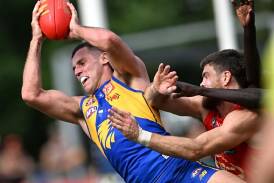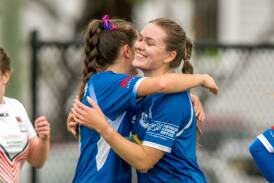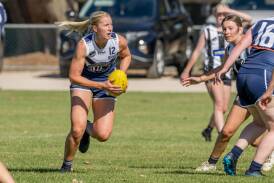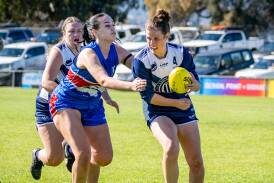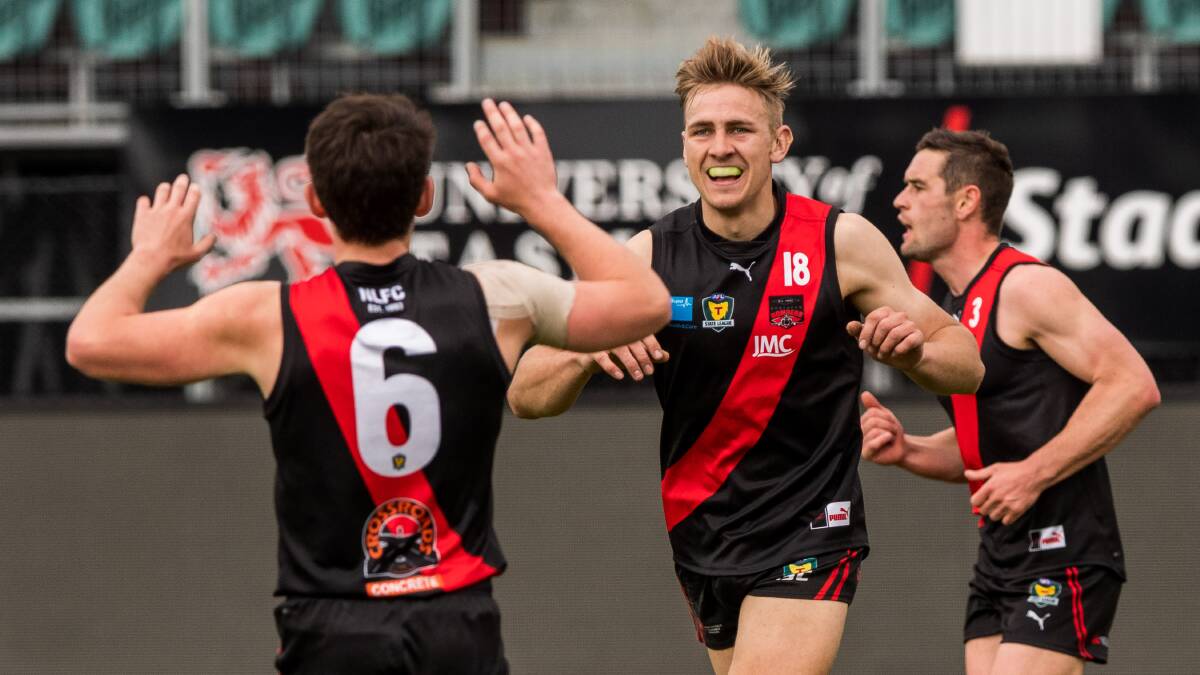
"It's time for Tassie to take back its footy."
Subscribe now for unlimited access.
$0/
(min cost $0)
or signup to continue reading
That's the belief of North Launceston president Thane Brady following the AFL's Friday response to Premier Peter Gutwein's ultimatum.
According to Brady, the response, which was that a consultant had been commissioned to assess the Tasmanian AFL taskforce's business plan with results to be delivered by late 2021 or early 2022, spoke volumes despite not saying much.
"Although a pathetic attempt to avoid making a decision, in reality the AFL has given us the answer about having our own team - an unsurprising no," he said.
"We have allowed the AFL to oversee our game in our state and evidence is clear, we have not benefited - it is a failure."
The man who oversaw North Launceston's rise to five State League premierships in six years supplied five examples of how the state hasn't benefited from its current arrangement.
They were:
- Consistently making top-level management appointments without opening the process up to all Tasmanians.
- Using COVID to grab back disproportionately promised development grants to our state.
- Removing the $15,000 intra state player transfer fee knowing full well Tassie talent would be targeted by other state leagues.
- Investing into Tassie in a year what they would in a fortnight in NSW and Queensland.
- Gillon McLachlan's 2018 review promised the talent program would be equal to other states - reality is the Devils development program is a lower standard to what a TSL club provides.
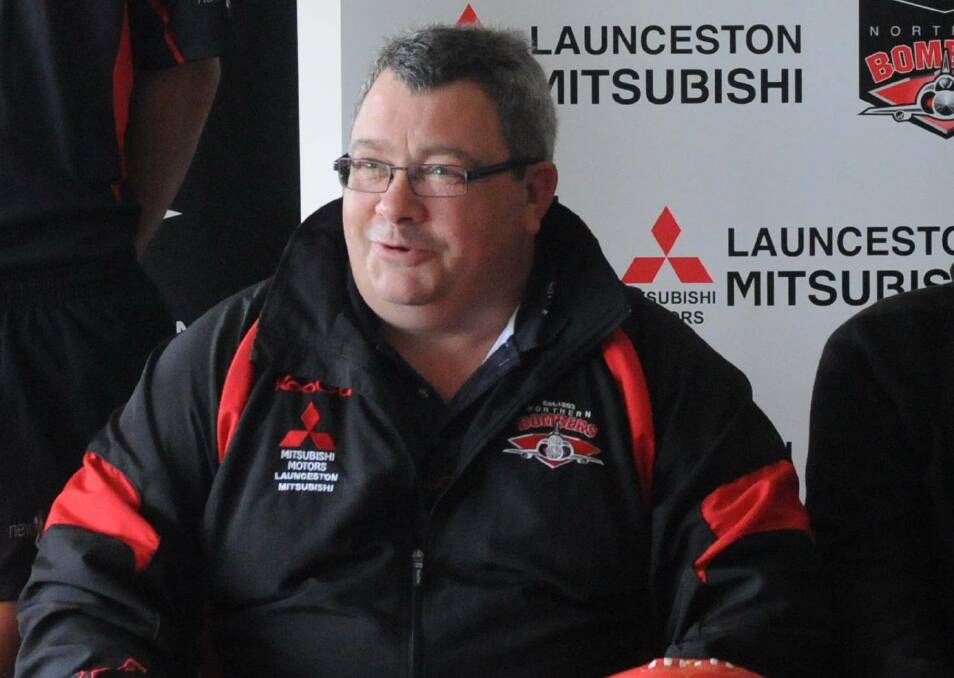
With Tasmania currently paying $7 million a year to host four North Melbourne matches in Hobart and four Hawthorn games in Launceston, Brady believes the AFL are strongly benefitting from our financial support.
Should those agreements, which expire at the end of this season, not be renewed, AFL matches could still be played in the Tasmania, with the state able to buy games from all 18 clubs.
North Launceston's leader believes this model, also mentioned by Hawthorn president Jeff Kennett earlier this week, would see more money invested in the state's grassroots football, which has seen participation drop.
"If we took over the management of our game and utilised the money that's already in the system, we could create a foundation of greater participation for our kids and through investment in coaching, facilities and programs the pointy end could be powerful tier two state-wide competitions for males and females equal to the SANFL," he said.
"Instead of our best talent leaving the state, we could attract and retain quality players who would be mentors and role models.
"Our development programs would rise as a result of a higher-level senior competition therefore more of our athletes would be drafted directly from Tasmania into the AFL rather than the current situation."



